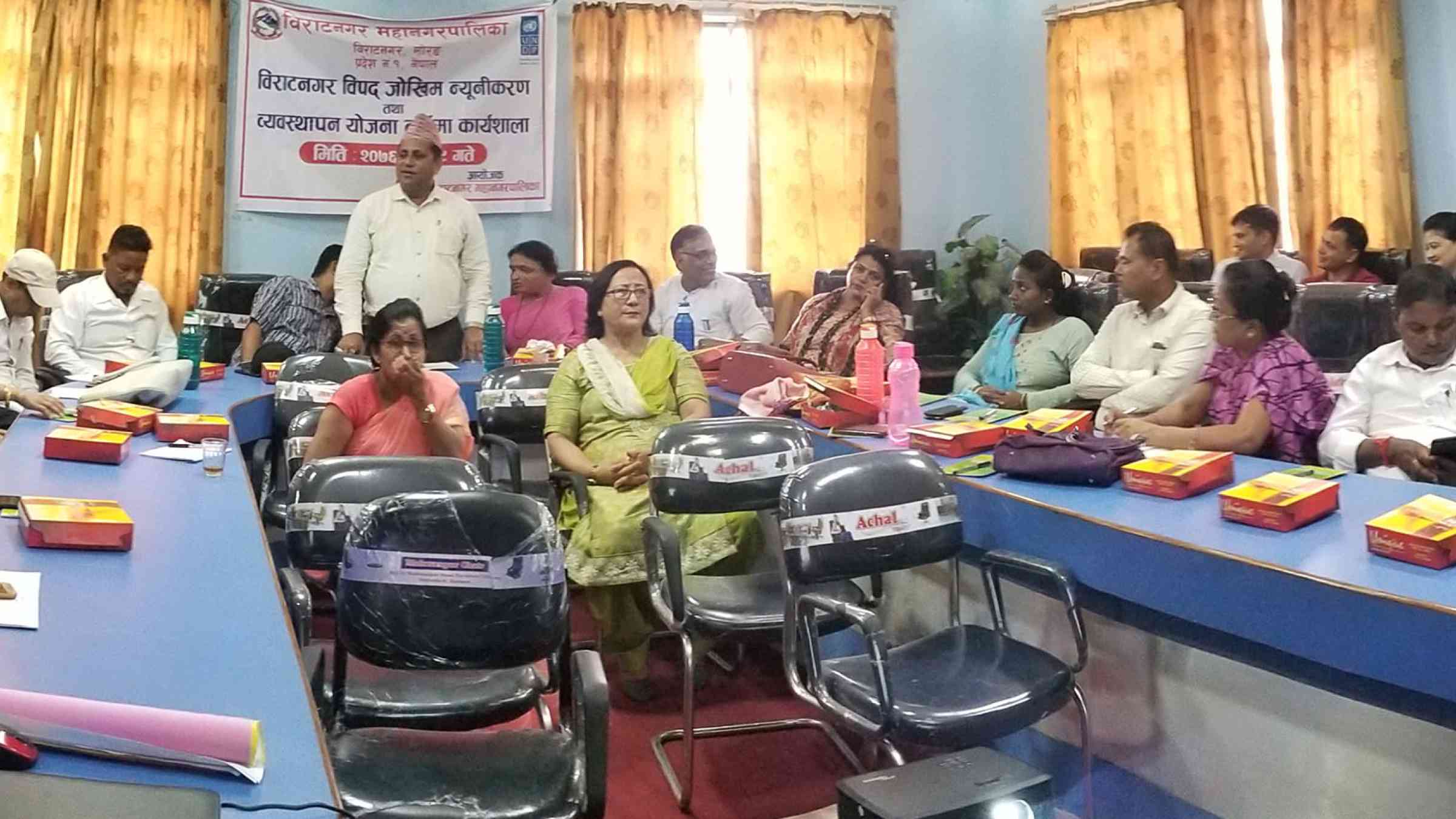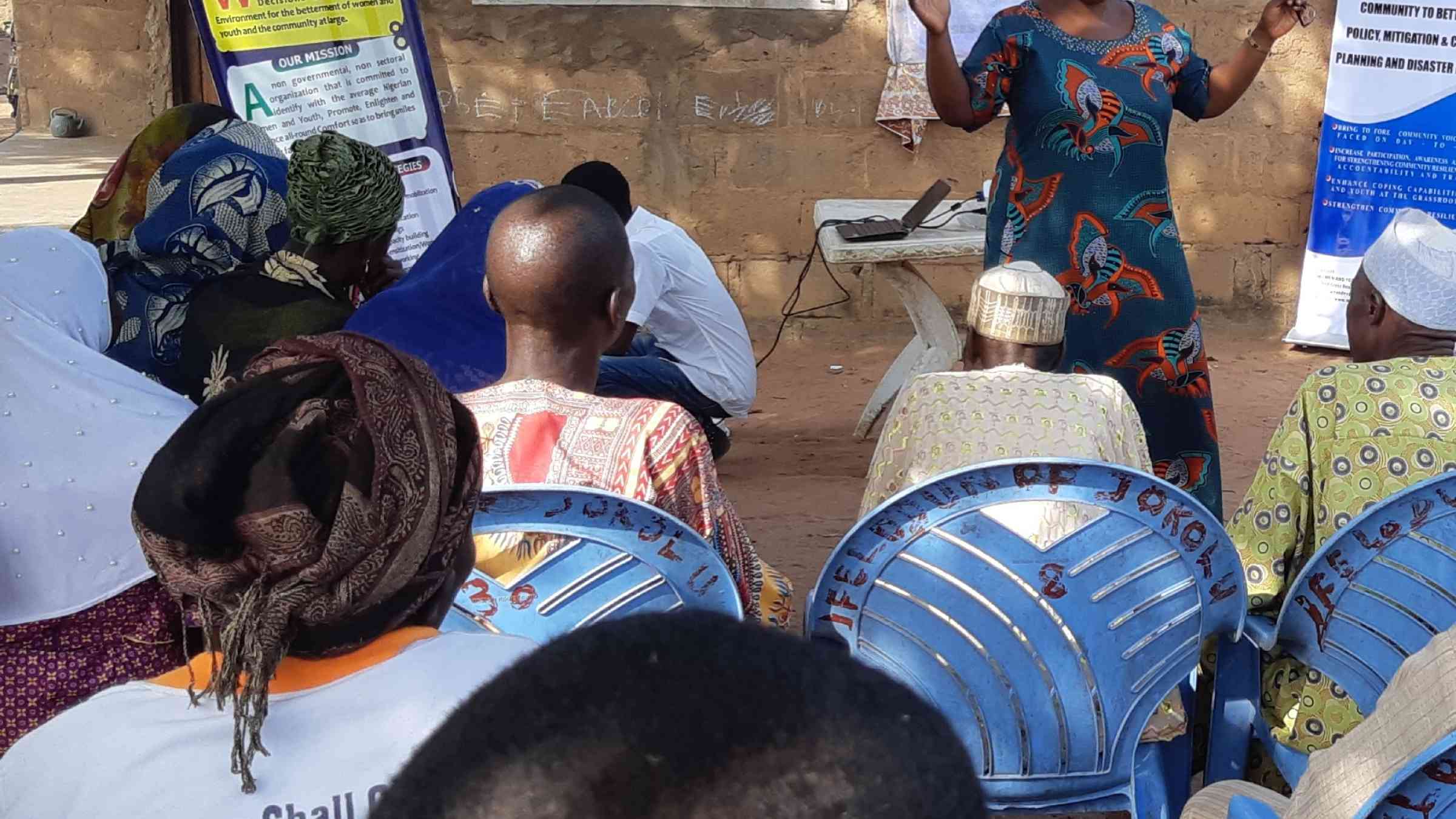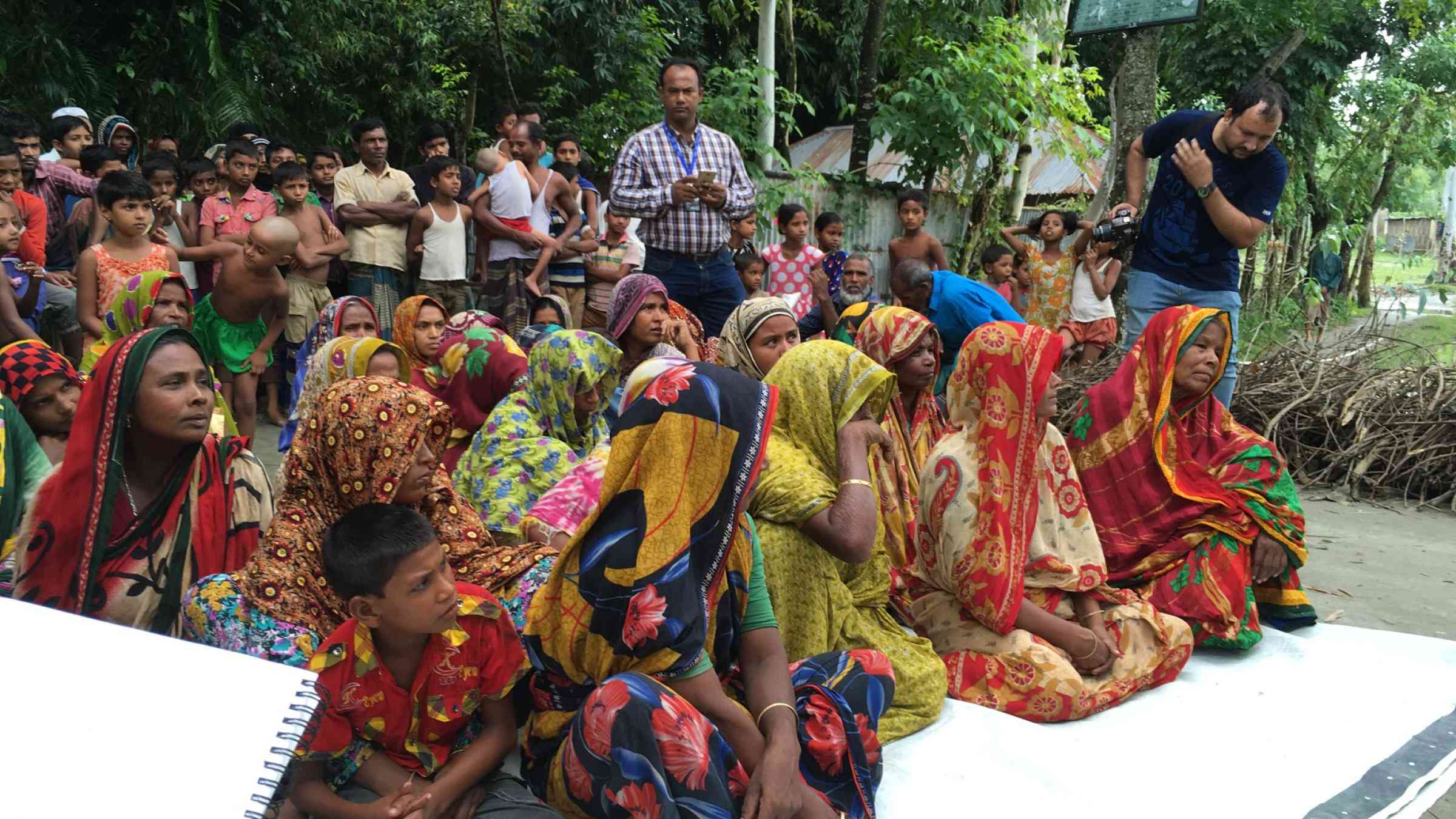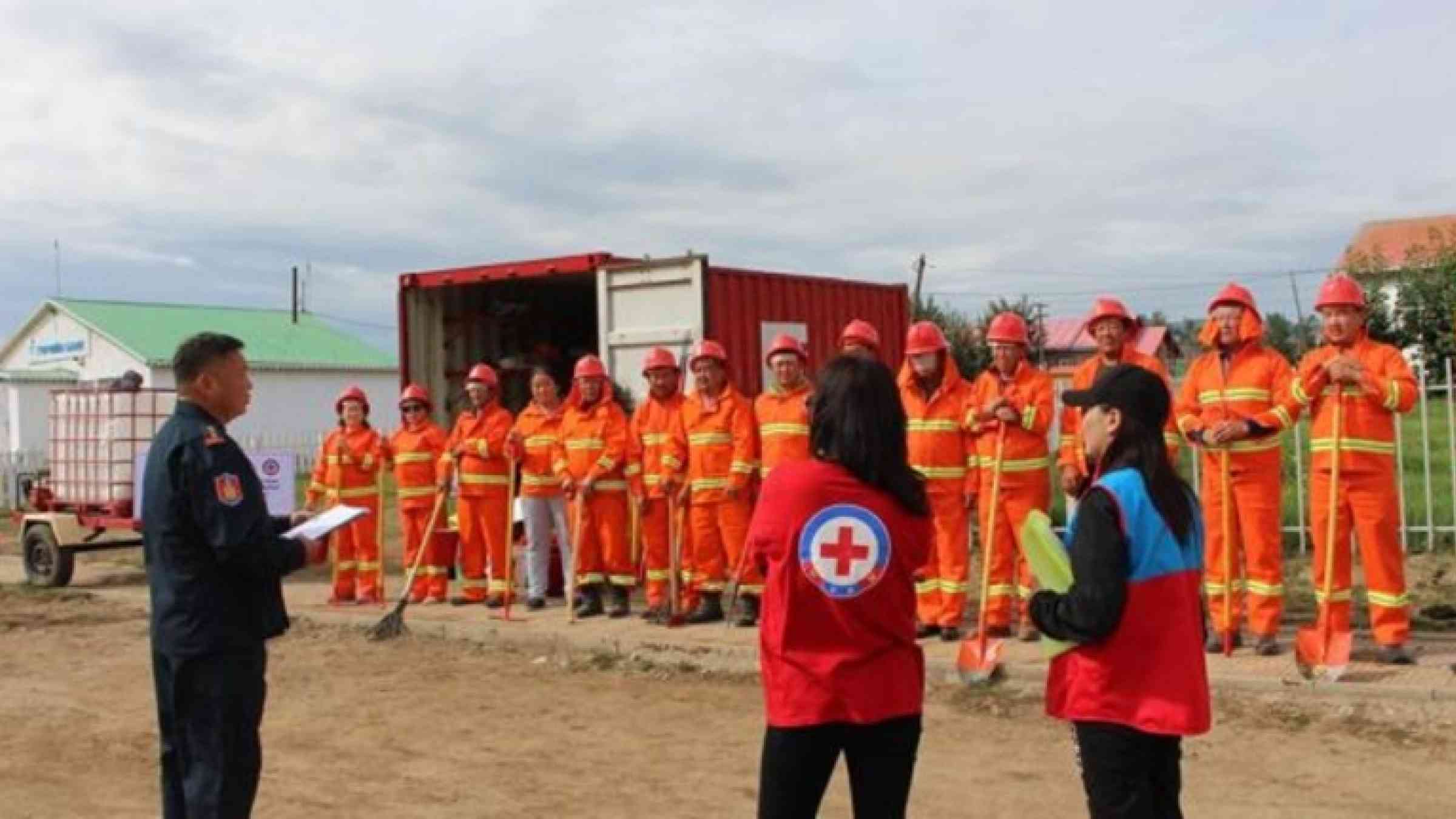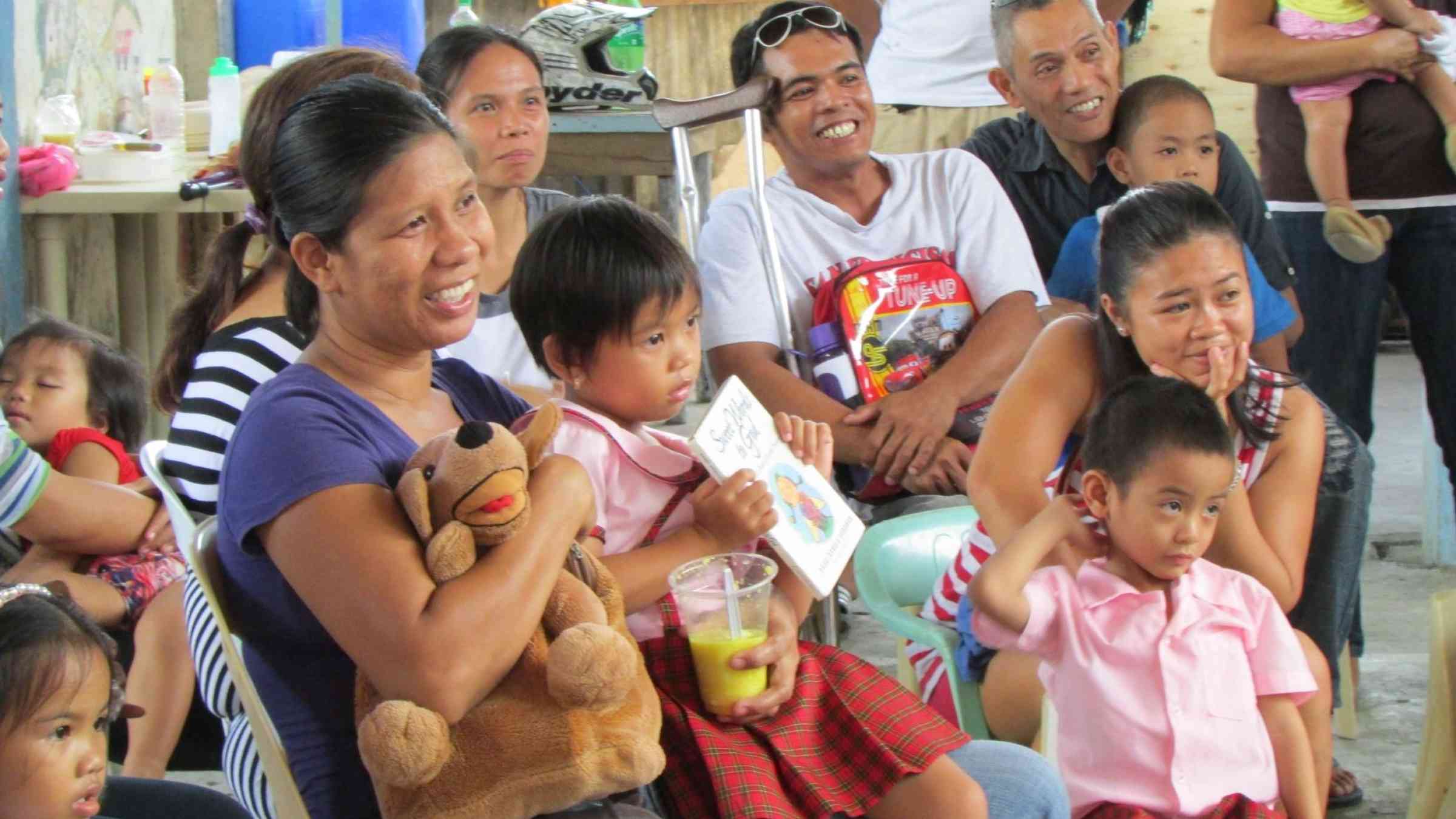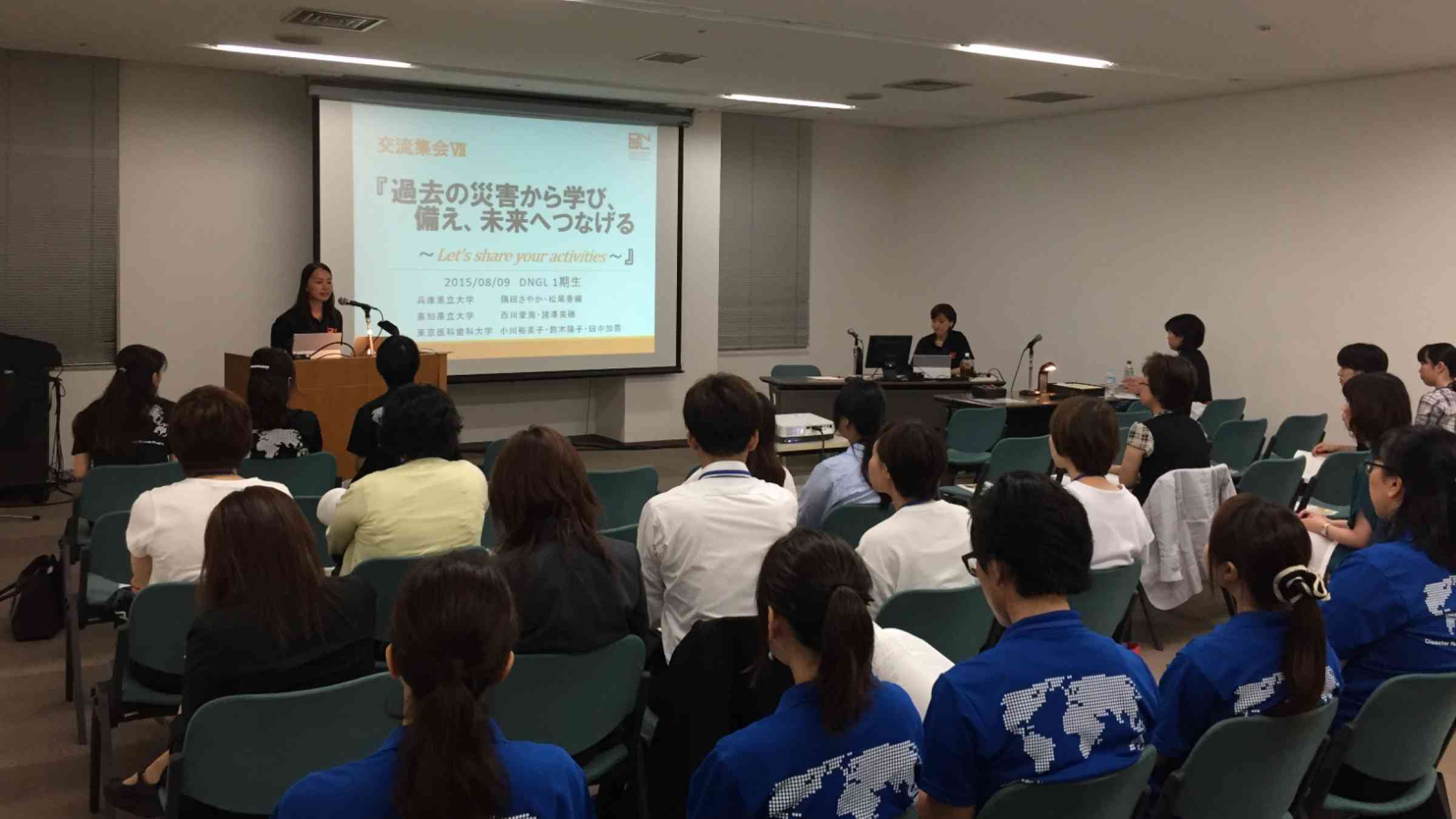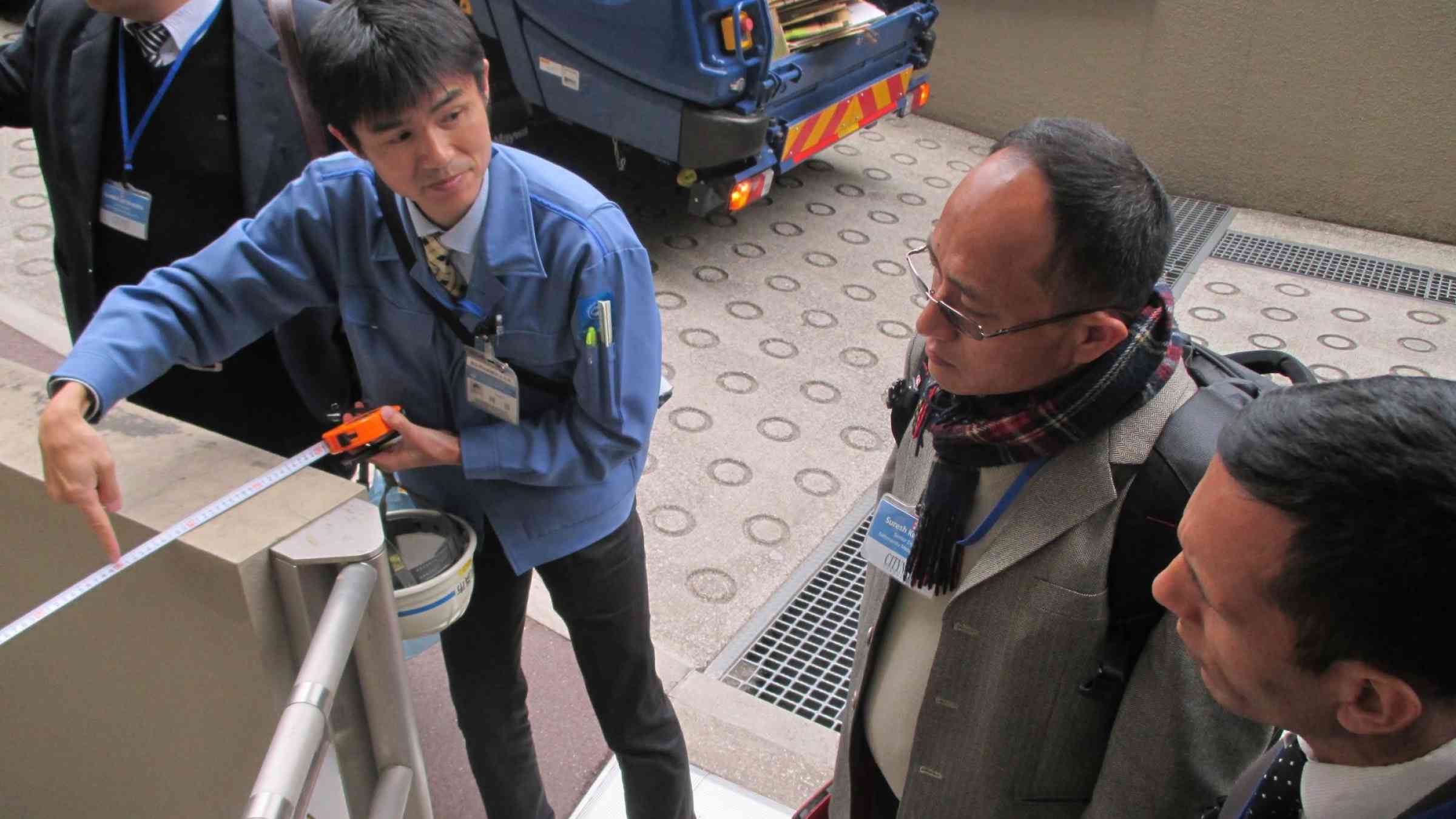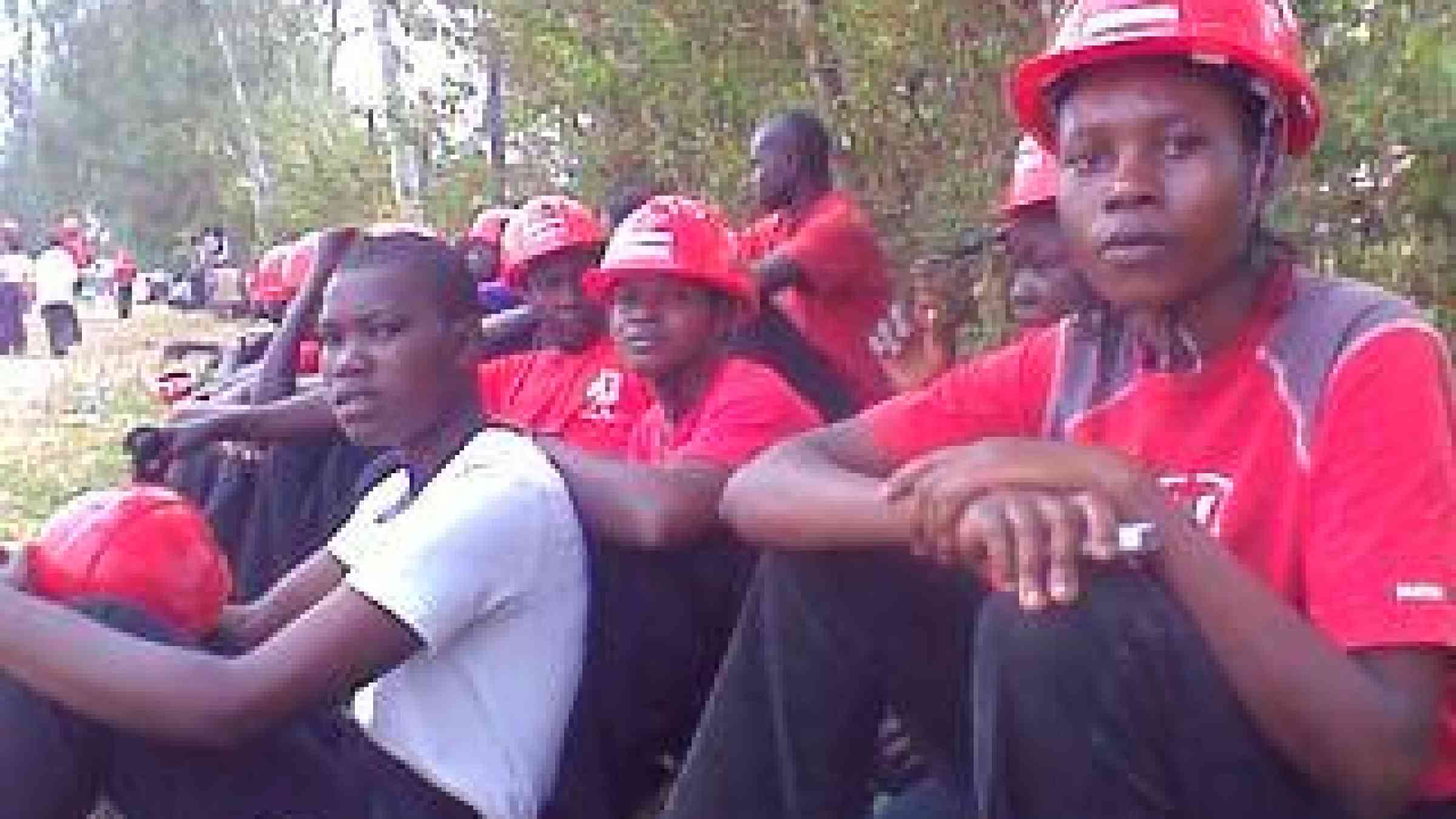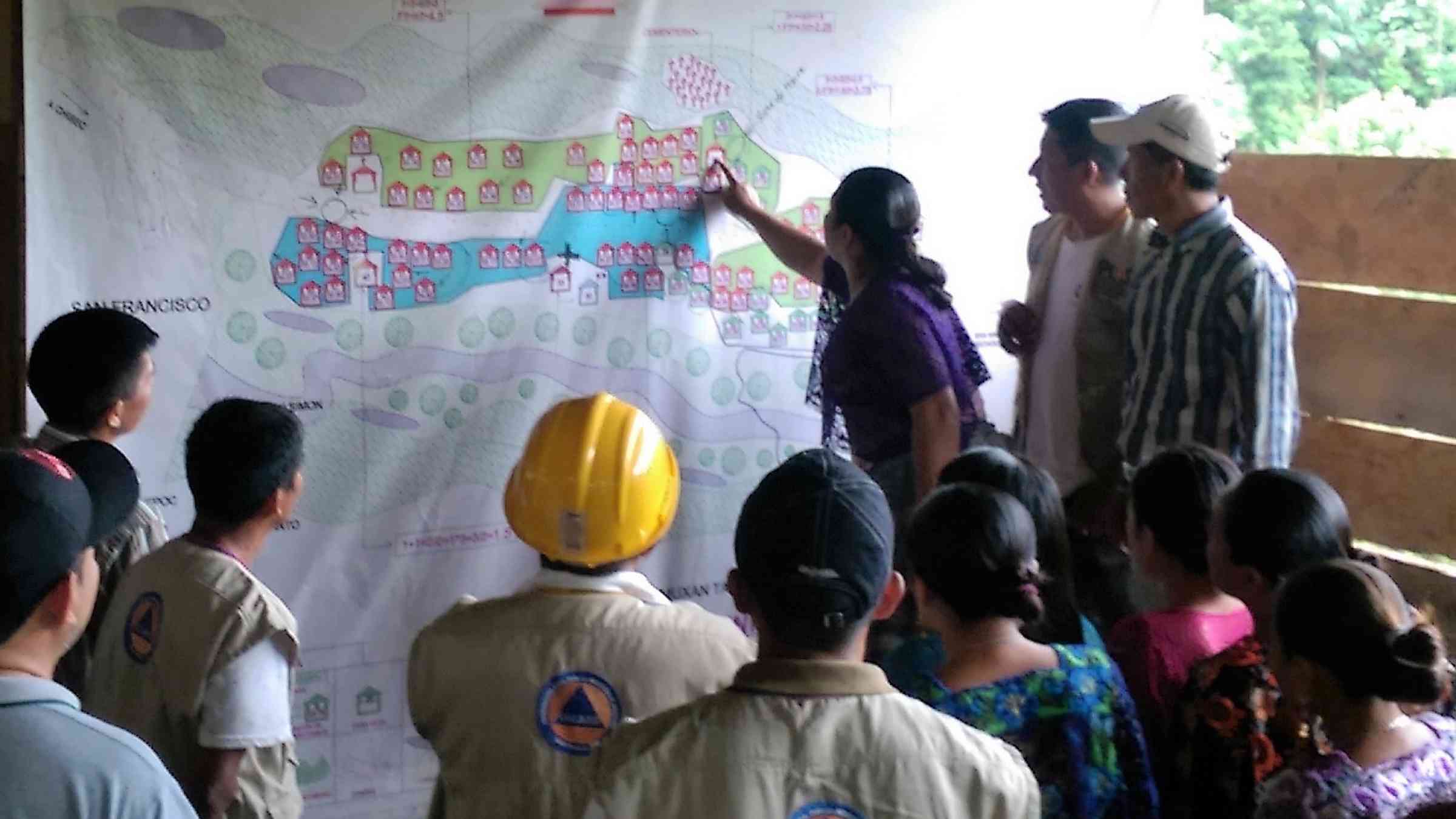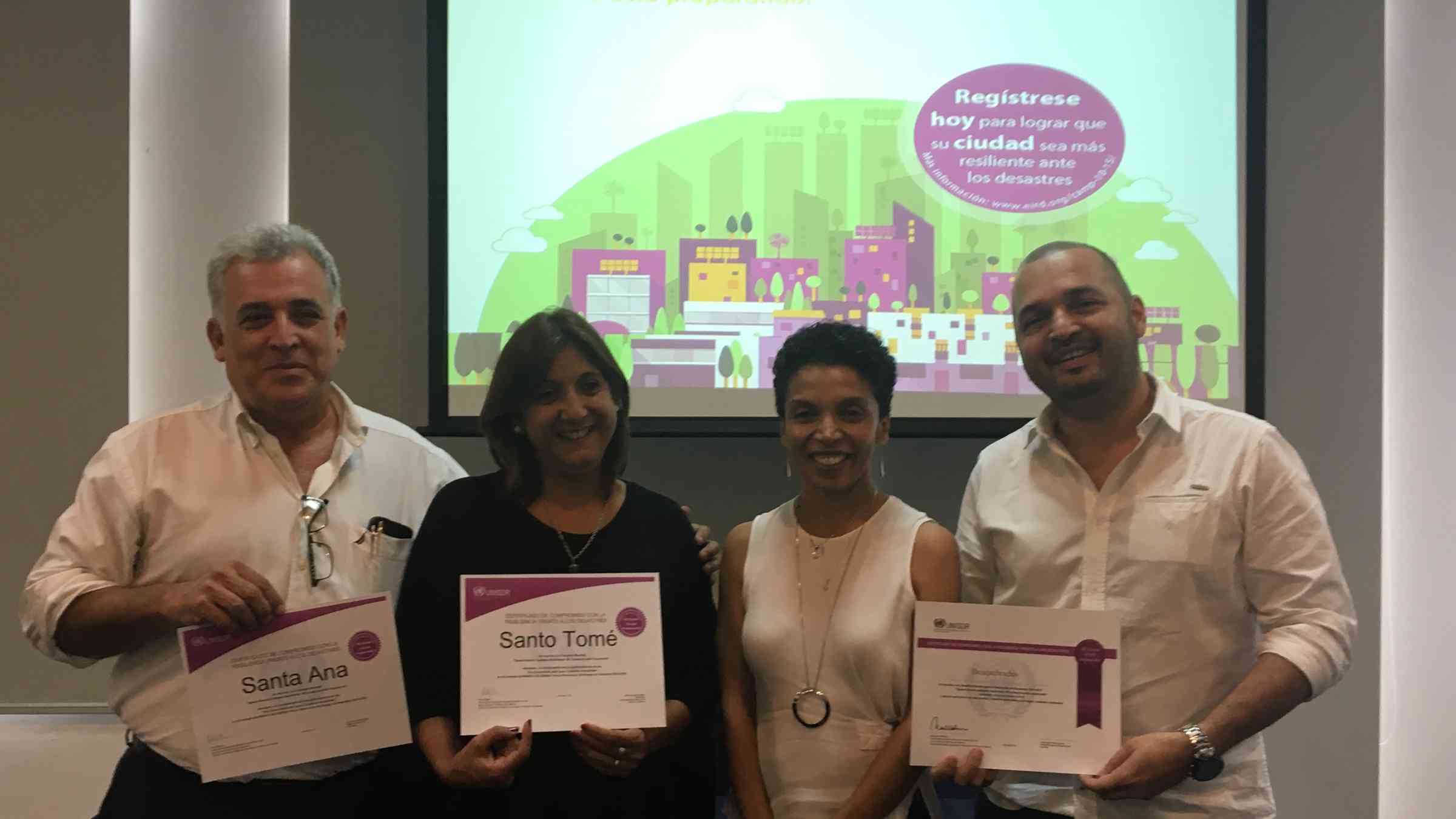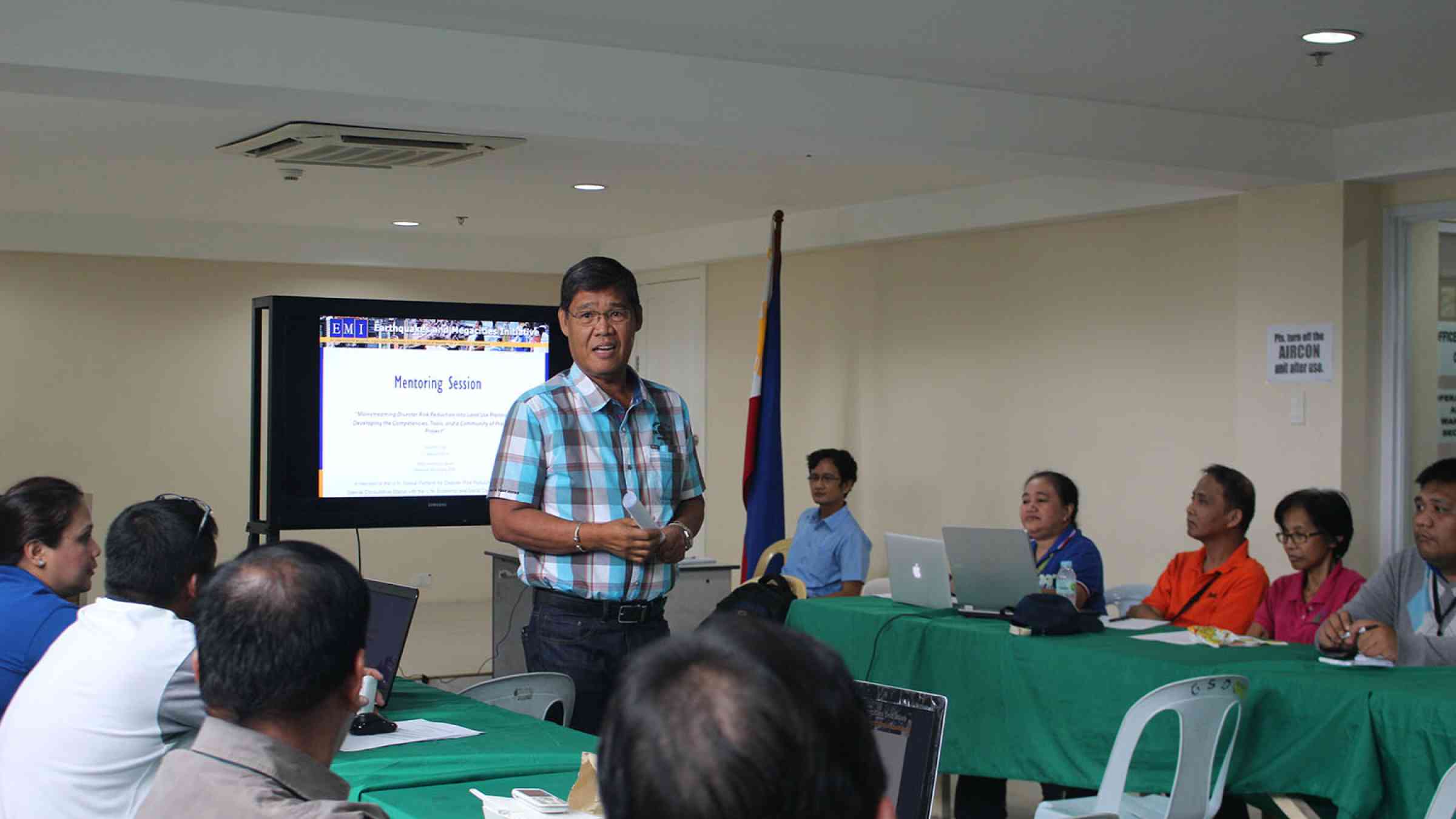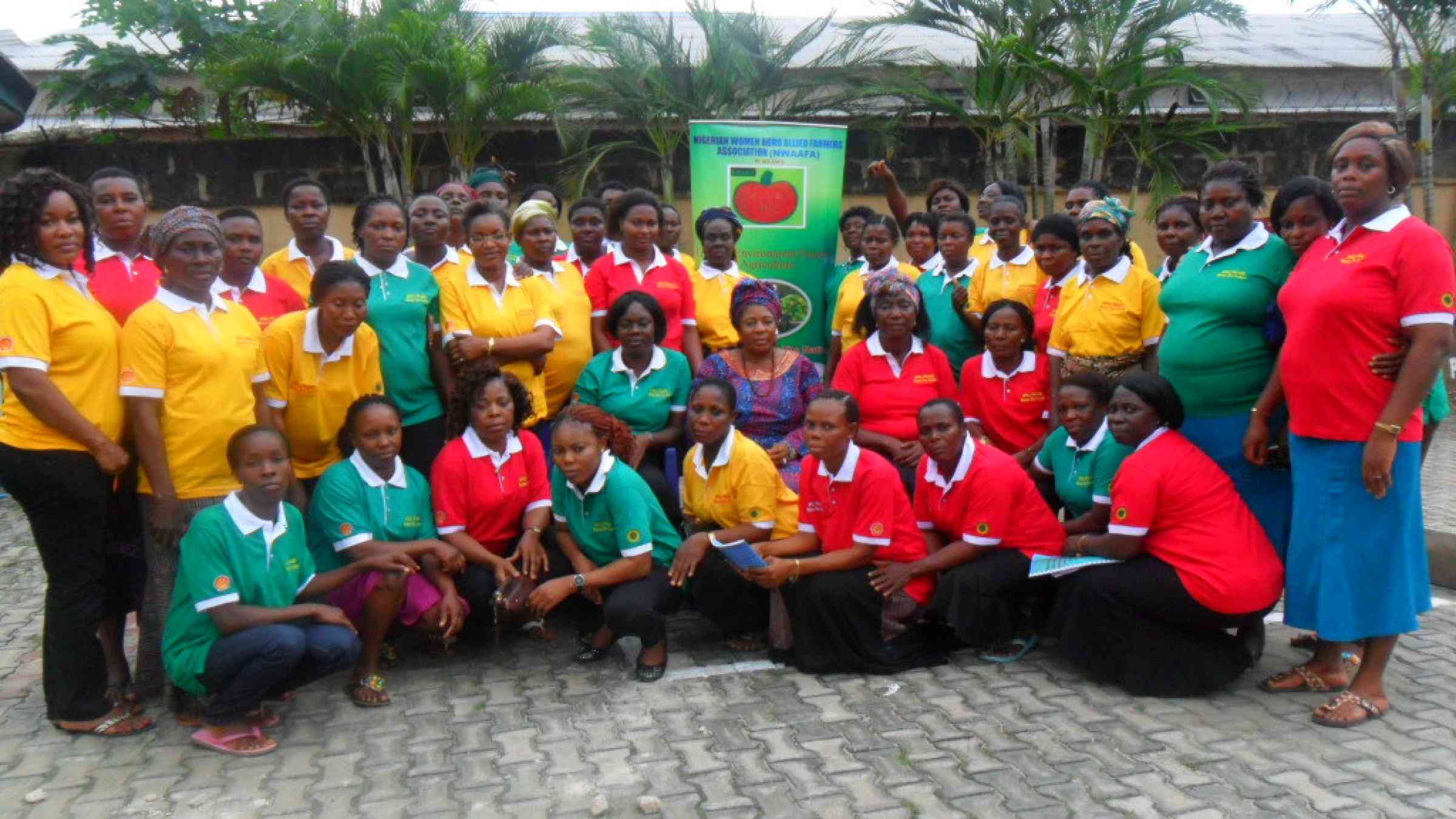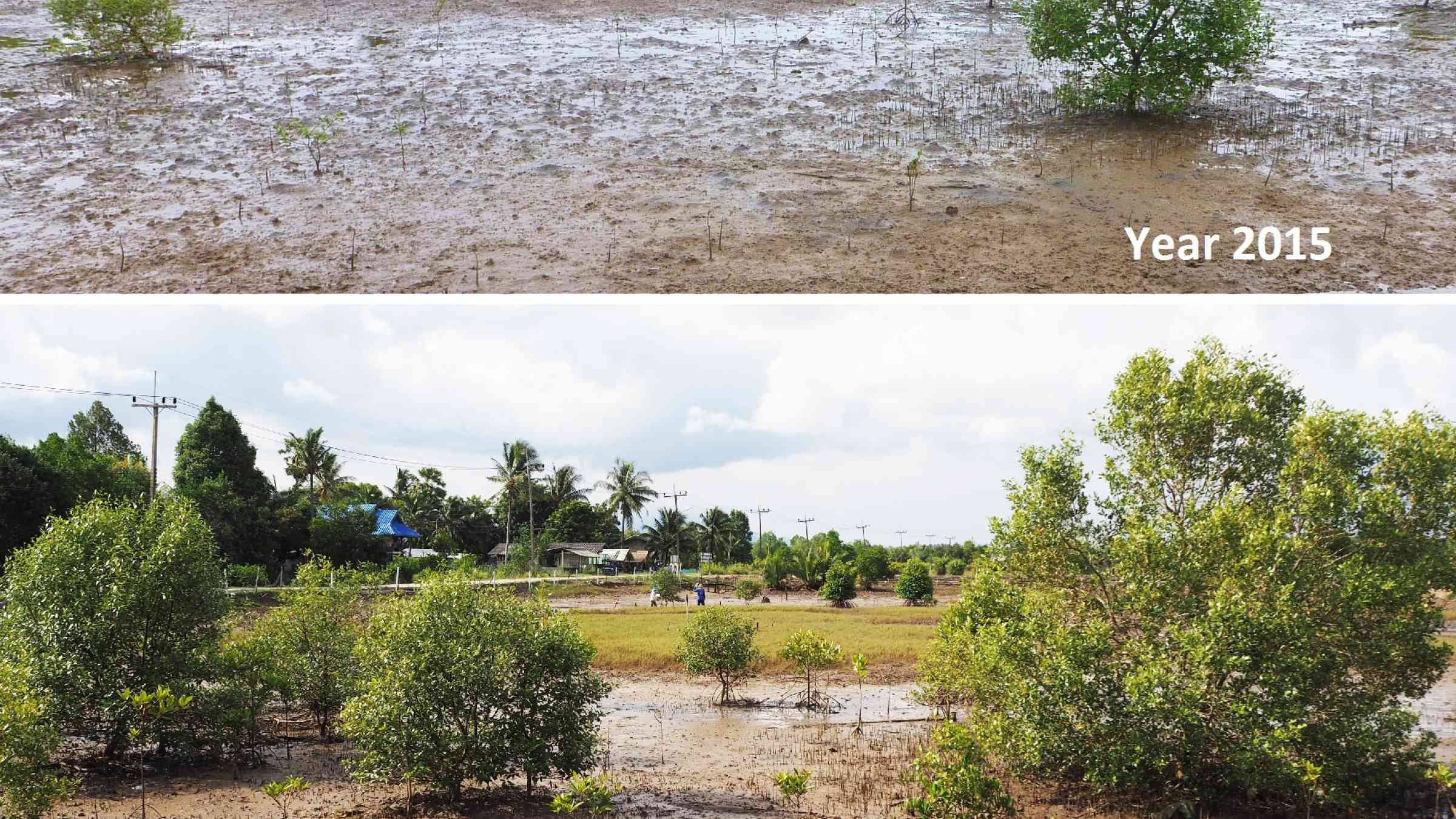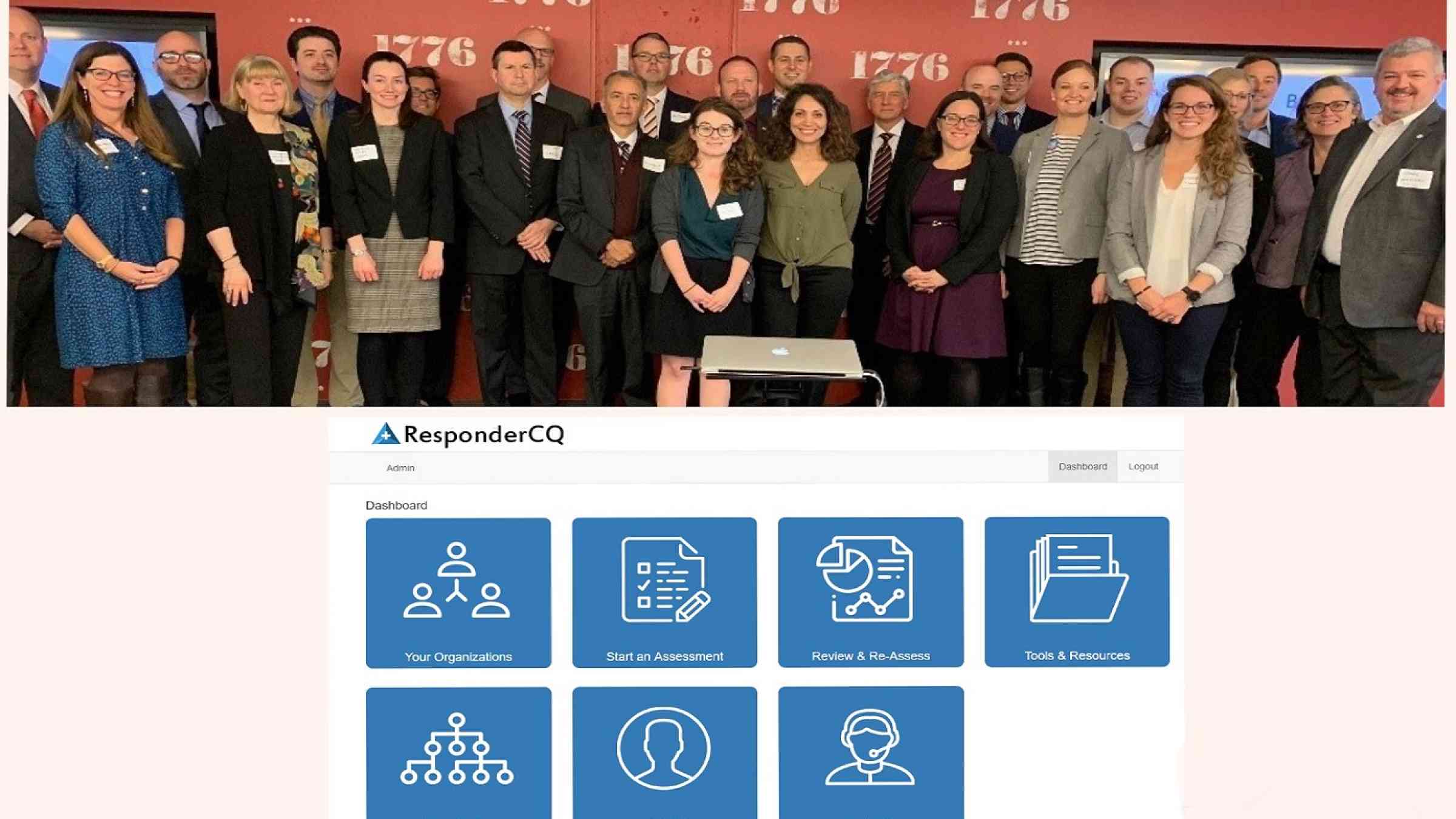Voluntary Commitments at a glance

- List
List
- Map
Map
Use shift + scroll to zoom the map.
The map reflects the number of countries/territories or regions covered by voluntary commitments. The numbers shown on the map represent the total commitments at the regional, national, and local levels. Regional voluntary commitments, which cover multiple countries, are counted together with national and local commitments to provide a comprehensive view of the engagement in each region.
This map, the designations employed, and the presentation of the data do not imply the expression of any opinion whatsoever on the part of the United Nations Secretariat concerning the legal status of any country, territory, city or area, or of its authorities, or concerning the delineation of its frontiers or boundaries.
